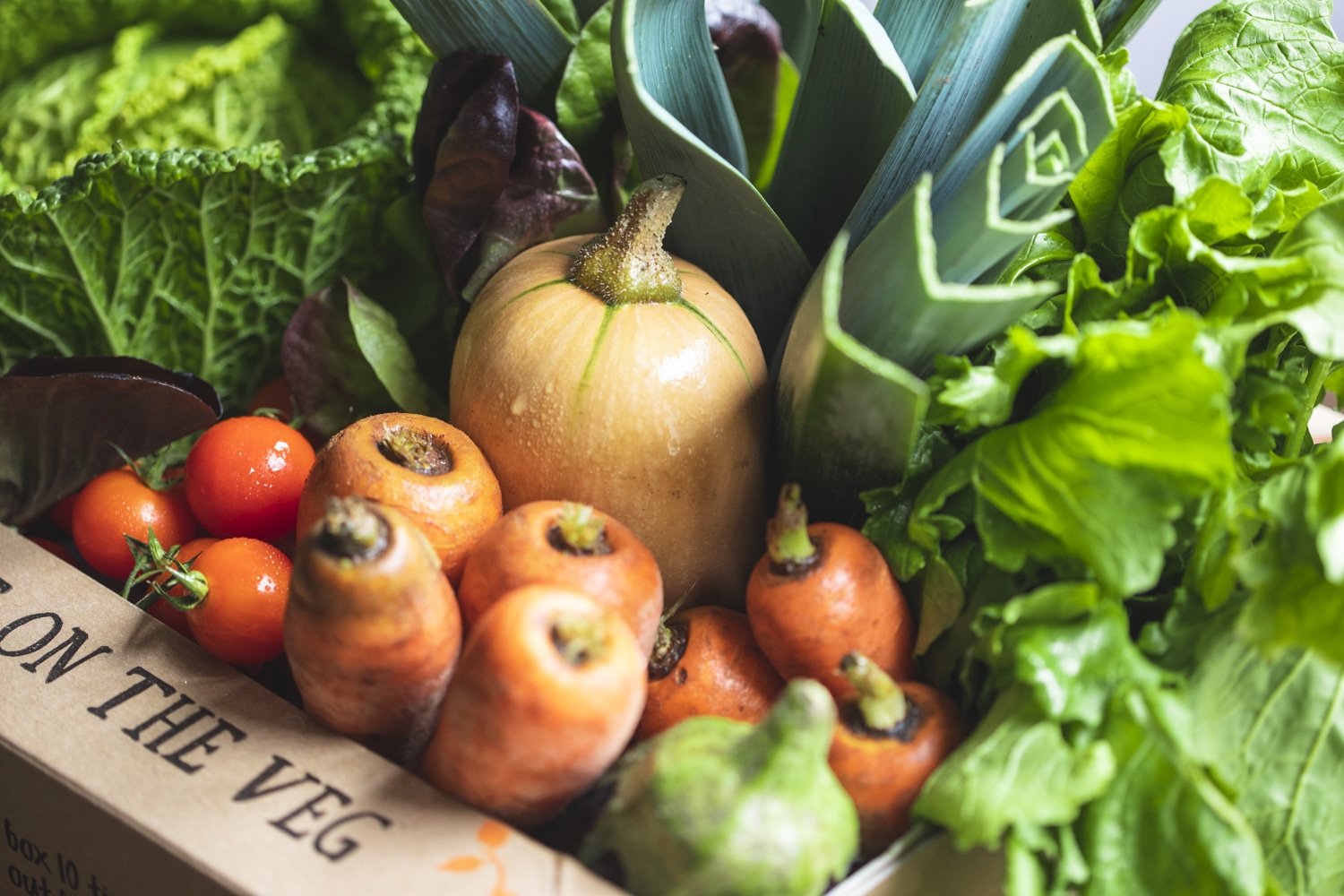A third of the public have opted against sustainable choices in the last year due to the rising cost-of-living and economic uncertainty, new research has found.
The survey of 2,000 adults, carried out by YouGov on behalf of tax audit giant Deloitte, also found that over half of the public say it is too expensive to adopt a more sustainable lifestyle.
Other findings, published as part of Deloitte’s Sustainable Consumer 2022 report, included more interest in re-using, as a way of saving money and reducing impact, with 52 per cent of those asked saying they are repairing more and prioritising products that last, rather than buying new.
More than half (53 per cent) of consumers claim to have repaired instead of replaced an item and 40 per cent have bought second-hand refurbished goods in the last 12 months.
“At a time when making sustainable choices is more important than ever, the rising cost of living is putting pressure on consumers’ finances,” said ESG lead for Deloitte, Emily Cromwell. “While it’s positive to see a marked improvement in consumers buying only what they need, it’s important to consider that this could also be a result of cutting back more generally. For many consumers, opting for sustainable alternatives is just too expensive.”
The news comes as food and fuel prices have been rising since Russia’s invasion of Ukraine disrupted many global commodity supply chains. Food and farming have been some of the worst affected industries, as wheat, fuel and fertiliser have all seen prices soar, which has delayed harvests or increased the cost of raw materials in food production.
The research also found that consumers are most likely to make sustainable or ethical choices in categories they deem essential and buy most frequently, such as groceries, including seasonal produce (54 per cent), locally produced goods (48 per cent) and reducing food waste (39 per cent).
People were most likely to choose a ‘sustainable’ choice for the fact it is biodegradable (65 per cent) or made from recycled packaging (60 per cent), while one in three said that ‘environmentally or ethically sourced’ labelling is not very, or not at all, important to them.
Two thirds (59 per cent) consumers are now buying only what they need, up from 39 per cent, while 30 per cent of respondents said they had opted for low emission or shared modes of transport and 39 per cent said they had reduced meat consumption.
“The onus is on brands to persuade people to make greener choices by offering more affordability and availability,” added Cromwell. “It’s also important that consumers receive enough information to understand why they would choose more sustainable products and to encourage consistent sustainable behaviours going forward.”
Other reasons why consumers are not adopting a more sustainable lifestyle included a lack of interest in the issue (51 per cent) or not having enough information (48 per cent).















I hope this is ok, but people having less money, will people not automatically be greener if they want? You’ve already mentioned repairing things. Will some cut down on expensive sweets and bars, or perhaps fill up on lentils instead of meat? Consuming less will inevitably reduce ones impact on the planet. Walking to save petrol money. If people go to a refill shop they can buy just the amount they want. Buy a water melon instead of a bottle of beer!
If there are no regulations in place to stop a business exploiting the environment in the process of production, then they automatically have the competitive edge over the sustainable business who invest more effort and resources to make whatever it is sustainably. That’s what everybody is buying today, because they can’t afford the sustainable choice. What they ignore is the fact that we all pay for it in the end through the loss of nature and a stable climate.
It’s interesting because i think we might be greener in some ways; buying less meat (maybe?), eating simpler foods (maybe more lentils, although they do take a while to cook and fuel these days) and less treats per se (but let’s face it, ultra processed crisps, biscuits and what not are hardly expensive). But less green in others; buying value brands rather than ‘organic’ or ‘eco’. I’ve been there, and that’s the first thing to go I’m afraid.
I do think it highlights what we think is ‘green’ and it tends to be ‘green consumerism’ rather than using less. I think that tends to be forgotten.